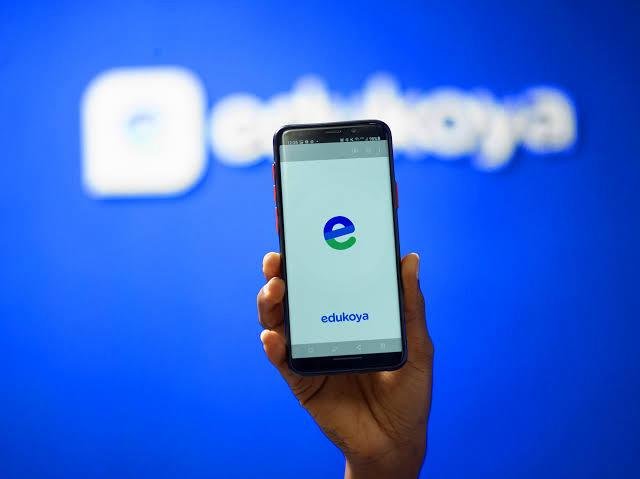After three years of operation, Nigerian education technology startup Edukoya has ceased operations, citing poor infrastructure and economic challenges that hindered its ability to scale.
The startup, which secured Africa’s largest pre-seed funding of $3.5 million in 2021, announced on Wednesday that it would return capital to investors rather than continue in what it described as an unsustainable market environment.
In a statement obtained by reporters, Edukoya said despite early success, it faced significant adoption barriers, including limited internet penetration, high device costs, and declining disposable incomes, which impacted its target audience’s ability to pay for digital education services.
Launched to revolutionize digital learning for K-12 (primary and secondary) students, Edukoya quickly gained traction, enrolling over 80,000 students, facilitating millions of practice questions, and conducting thousands of live tutoring sessions.
However, after considering strategic alternatives such as partnerships, mergers, and business model pivots, the company found no viable path forward.
“Having explored various strategies to sustain operations—including partnerships, mergers, and business model shifts—without success, we’ve made the difficult decision to shut down and return capital to investors rather than exhaust resources in an unsupportive market,” the statement read.
“This strategic shutdown—though counterintuitive in a startup culture that emphasizes persistence at all costs—creates better outcomes for everyone: our investors can redeploy capital, our team can transition with dignity, and we preserve our vision’s integrity instead of compromising to survive.”
Edukoya’s closure reflects broader challenges in Africa’s edtech sector, where startups struggle to balance innovation with infrastructure limitations and affordability concerns. While digital learning remains a high-potential market, achieving large-scale adoption continues to be difficult.
The company expressed gratitude to its team, parents, students, and investors, stating that while its journey is ending, the insights gained could contribute to future innovations in African edtech when market conditions improve.



